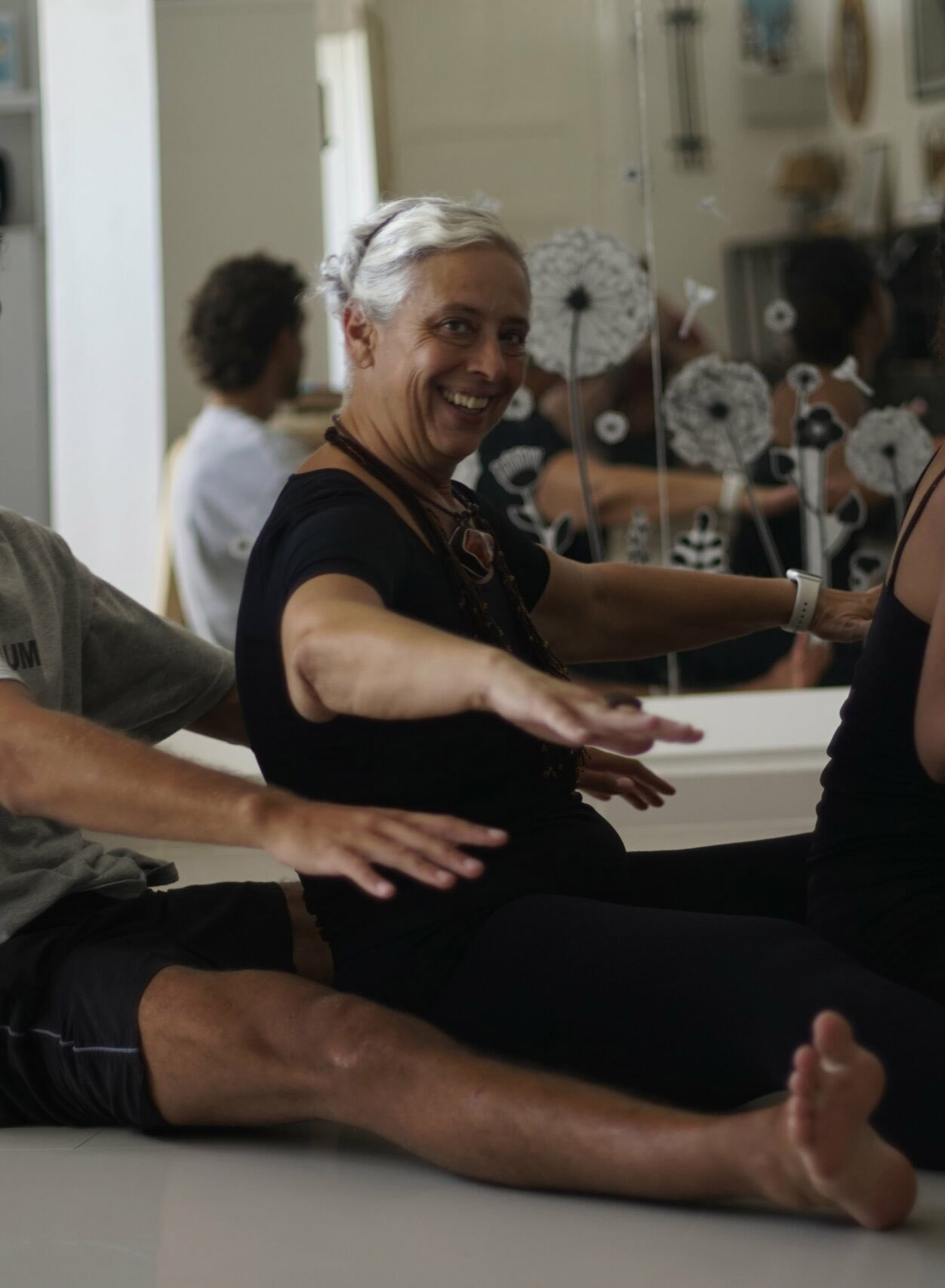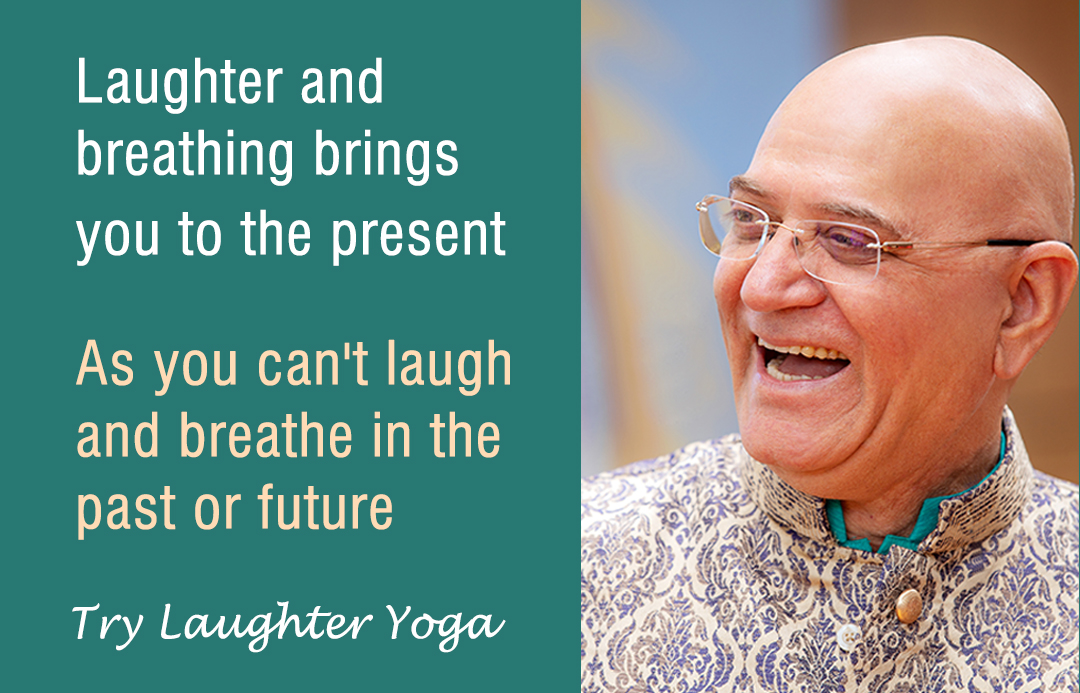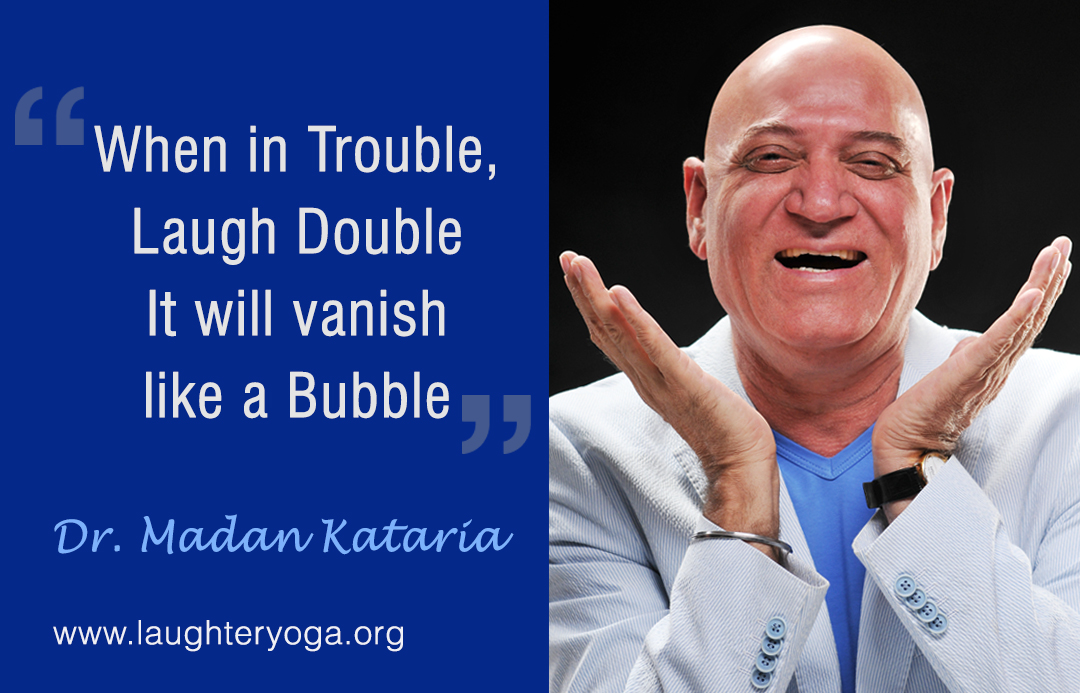LAUGHTER YOGA THERAPY
Discover the Joy of Laughter Yoga Therapy: Unleash Your Inner Happiness
Welcome to the transformative world of Laughter Yoga Therapy, where the healing power of laughter meets the wisdom of ancient yogic practices. Laughter Yoga Therapy is a unique and joyful approach to holistic well-being that combines laughter exercises, deep breathing, and mindfulness techniques to create a harmonious union of body, mind, and spirit.
Imagine a therapy that requires no pills, no appointments, and no stress—just laughter. Laughter Yoga Therapy is a scientifically proven method that harnesses the contagious and revitalizing effects of laughter to reduce stress, boost your immune system, increase oxygen flow, and enhance your overall quality of life.
Our laughter sessions are filled with contagious laughter, playful exercises, and a supportive community that comes together to laugh away life’s stresses and worries. Whether you’re looking to alleviate stress, improve mood, boost energy, or simply add more joy to your life, Laughter Yoga Therapy offers a unique and holistic approach that’s accessible to everyone.
Join us on a journey to rediscover the childlike delight of laughter and experience the countless physical, emotional, and social benefits it brings. Let go of your inhibitions, embrace the healing power of laughter, and embark on a path to a happier, healthier you with Laughter Yoga Therapy.

LAUGHTER YOGA HISTORY AND MAIN PRINCIPLES


A Laughter Yoga session is a fun and engaging experience that combines spontaneous laughter with breathing and movement exercises to promote physical and mental well-being.
HOW DOES IT WORK?
A Laughter Yoga session is a fun and engaging experience that combines spontaneous laughter with breathing and movement exercises to promote physical and mental well-being.
Here’s how a Laughter Yoga session usually goes:
Warm-up: The session begins with a short warm-up to prepare the body and mind. This may include some light stretching and deep breathing exercises to relax.
Laughter Exercises: During the session, various laughter exercises are performed. These may include:
- "Milk Rice" (imitating the sound of a glass of milk being poured)
- "Telephone Laughter" (simulating a funny telephone conversation)
- "Silent Laughter" (where you move and laugh without making a sound), and many others. The instructor guides participants through these exercises, encouraging everyone to participate actively.


Recovery exercises: Among the laughter exercises, deep breathing exercises are introduced. Breathing is a key element in the practice of Laughter Yoga, as it helps to relax the body and increase oxygen levels in the blood.
Game and Interaction: Laughter Yoga sessions often include games and interactive activities that encourage creativity, spontaneity, and interaction among participants. These games help create a fun and relaxing environment.
Contagious Laughter: One of the main goals of Laughter Yoga is to generate genuine, contagious laughter. Although participants may initially feel a little self-conscious, group laughter usually becomes very authentic and contagious as the session progresses.
Final Relaxation: The session concludes with a short relaxation phase in which participants lie or sit in silence to reflect on the experience and enjoy the feeling of calm and well-being.
Sharing and Discussion: After the session, there is often a time of sharing where participants can express their feelings and reflections on the experience. This can foster greater connection between participants.
Laughter Yoga sessions can last from 30 minutes to an hour or more, depending on your preferences and the organization of the event. It is important to note that Laughter Yoga is based on laughter without a reason, which means that you do not need a specific reason to laugh. This practice can be extremely liberating and is suitable for people of all ages and fitness levels.
BENEFITS
While the benefits of laughter yoga have been widely reported anecdotally, there is some evidence to support its potential benefits. It’s important to note that more research is needed to fully understand the extent of these benefits, and individual experiences may vary. Here are some of the main benefits of laughter yoga that are supported by evidence:
Stress Reduction: Laughter yoga can reduce the level of stress hormones, such as cortisol, in the body. A study published in the Journal of Alternative and Complementary Medicine in 2012 found that laughter yoga reduced stress and improved mood in participants.
Improved Mood: Engaging in laughter yoga can lead to an immediate improvement in mood and a reduction in symptoms of depression and anxiety. This is due to the release of endorphins, the body’s natural feel-good chemicals, during laughter. A 2017 study in the journal Complementary Therapies in Clinical Practice found that laughter yoga improved mood and reduced depressive symptoms in elderly individuals.
Enhanced Immunity: Laughter can boost the immune system by increasing the production of immune cells and antibodies. A study published in the International Journal of Behavioral Medicine in 2009 showed that laughter yoga sessions led to increased levels of immune-boosting antibodies in participants.
Pain Relief: Laughter can serve as a natural painkiller by increasing the release of endorphins. Some evidence suggests that laughter yoga may help individuals manage pain better. However, more research in this area is needed.
Improved Lung Function: The deep breathing techniques used in laughter yoga can enhance lung capacity and oxygenate the body. This can be particularly beneficial for individuals with respiratory conditions, such as asthma.
Social Connection: Laughter yoga is typically done in groups, fostering social interaction and a sense of community. Social connection has been linked to improved mental and emotional well-being.
Reduced Blood Pressure: While more research is needed, there is some evidence to suggest that laughter yoga may help lower blood pressure, which can contribute to better cardiovascular health.
Enhanced Quality of Life: Laughter yoga can contribute to an overall sense of well-being and improve the quality of life. This is especially important for individuals dealing with chronic illnesses or stress-related conditions.
Improved Cognitive Function: Some research indicates that laughter can have positive effects on cognitive function, including better memory and problem-solving skills.
It’s important to note that the effectiveness of laughter yoga may vary from person to person, and the benefits may be influenced by factors such as the frequency of practice and individual health conditions.
